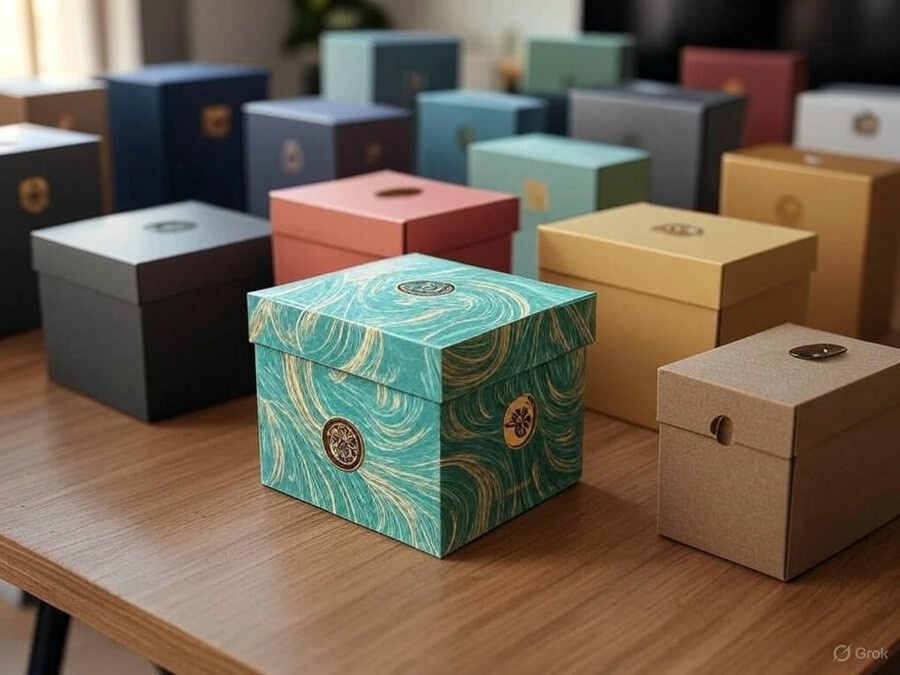Losing a loved one is one of life’s most emotionally complex experiences. As grief settles in, practical responsibilities begin to surface—one of the most daunting being the task of sorting through their personal belongings.
This is where deceased estate clean up becomes essential. Whether you’re managing the estate of a parent, sibling, partner, or friend, it’s a process that requires sensitivity, patience, and often, professional help.
In this post, we’ll gently walk you through how to approach a deceased estate clean up in a way that respects your emotional bandwidth while ensuring nothing important is overlooked.
This is not a hard-sell for services—but rather, a supportive and practical guide to a difficult but necessary responsibility.
At a Glance
If you're feeling overwhelmed about managing a loved one's belongings, you’re not alone. Here’s what you need to know about deceased estate clean ups:
It involves sorting, valuing, donating, disposing, or preserving a loved one’s possessions after they pass.
There’s no “right” time to start, but support—professional or personal—can help lighten the load.
Planning, delegation, and emotional awareness are key to making the process smoother.
In many cases, engaging a deceased estate clean up service can relieve emotional pressure and save time.
Want to dive deeper? Keep reading for a step-by-step breakdown and compassionate advice.
Step-by-Step: How to Approach a Deceased Estate Clean Up 1. Take Your Time (If You Can)
Grief doesn’t follow a schedule, and neither should you—unless legal or real estate pressures dictate a deadline. Give yourself permission to process emotionally before diving into the logistics.
Pro Tip: If you’re not ready to start, begin by securing the property and taking note of any urgent tasks like fridge removal or pest prevention.
2. Start with Essentials
Begin with crucial documents and valuables. These include:
Wills and legal paperwork
Passports, licenses, and certificates
Banking and superannuation records
Jewelry, keys, and safe contents
Keep these items in a secure, central place to avoid accidental disposal or damage.
3. Room-by-Room, Not All at Once
Instead of tackling the whole house in a weekend, go room by room:
Bedrooms: sentimental items and clothing
Kitchen: food disposal and cookware donation
Living areas: furniture, books, electronics
This approach reduces emotional fatigue and gives you time to reflect, sort, and make thoughtful decisions.
4. Decide What to Keep, Donate, Sell, or Toss
Use four simple categories:
Keep (family heirlooms, memory pieces)
Donate (clothes, books, appliances in good condition)
Sell (valuable antiques or electronics)
Dispose (broken or unsanitary items)
Did You Know? Some charities offer pick-up services for estate donations—saving you time and transport hassle.
5. Consider Professional Help
If the task feels too large, or time-sensitive, deceased estate clean up services can:
Handle sorting, packing, and disposal
Coordinate recycling, donation, and selling
Provide respectful, discreet assistance during an emotional time
Quick Guide: When the Grief Feels Too Heavy to Handle Alone
After losing her father, a middle-aged daughter found herself responsible for clearing out a family home packed with decades of memories. From furniture and legal documents to old tools and keepsakes, the emotional weight was enormous.
Common Challenges:
Where do I even start?
What if I accidentally throw out something important?
How do I deal with the emotions that come flooding back with every item I touch?
How to Make It Easier:
Create a Plan and Timeline
Give structure to the process. Even a simple checklist by room helps reduce decision fatigue.
Involve Family and Friends
Delegate where possible. Having others involved can provide emotional support and fresh eyes on difficult decisions.
Set Aside Keepsake Time
Don’t rush the sentimental stuff. Allow yourself time and space to grieve as you sort.
Call in the Professionals
A deceased estate clean up service can handle the heavy lifting, logistics, and waste removal—so you can focus on healing.
Why It Works:
This approach balances emotional care with practical action. It reduces the chance of regret, preserves important memories, and ensures the home is cleared with dignity.
FAQs: Deceased Estate Clean Up Q: When is the right time to start cleaning up a deceased estate?
There’s no fixed timeline. Legally, you may have to act sooner if the property is being sold or if the will requires quick execution. But emotionally, give yourself grace. Many people wait weeks or months until they feel ready.
Q: How much does a deceased estate clean up cost?
It varies based on:
The size of the property
The volume of items
Accessibility and waste requirements
Expect anywhere from a few hundred to several thousand dollars. Get a quote with a clear breakdown before proceeding.
Q: Can I handle it on my own without a professional service?
Yes, but it helps to have support. If you’re physically and emotionally capable, you can manage most tasks yourself. However, consider help for:
Hazardous waste
Heavy lifting
Biohazard issues (e.g., from unattended passing)
Q: What happens to sentimental or valuable items during a clean up?
Professionals will set aside items they believe to be valuable or personal. Always let your service provider know in advance if there are specific things to watch for.
Q: Is it possible to recycle or donate items rather than send everything to landfill?
Absolutely. Many estate clean up teams prioritise environmentally responsible solutions—partnering with charities, e-waste centres, and recycling facilities.
Conclusion: You Don’t Have to Do It All Alone
Clearing a loved one’s estate is more than a to-do list—it’s a journey through memory, grief, and letting go.
A deceased estate clean up doesn’t have to be rushed or cold. With the right support, you can approach the process with compassion and clarity.
Whether you choose to handle it yourself or bring in experienced help, the most important thing is to honour the person’s memory in a way that feels right for you.
Take your time, ask for help when needed, and remember—there’s no “perfect” way to do this. Only the way that works best for your heart and your healing.


